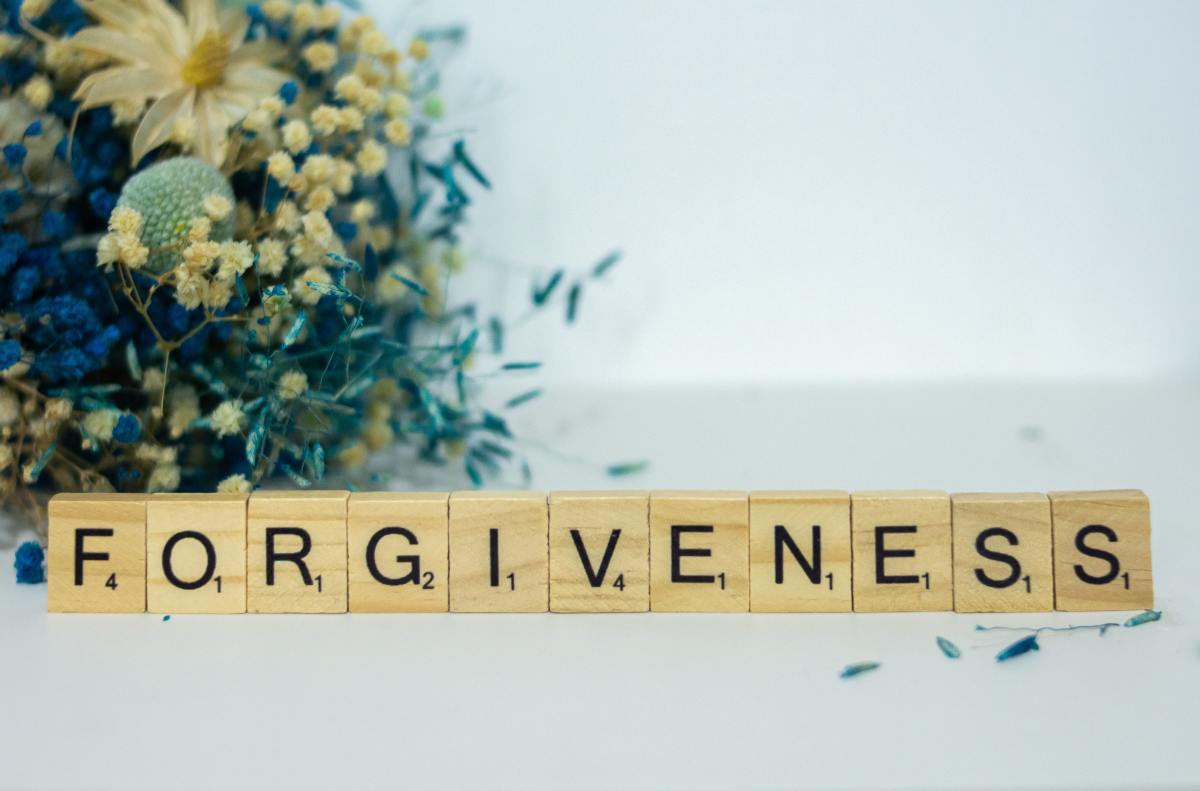Practical Steps to Forgive: A Guide to Healing Emotional Wounds
Practical Steps to Forgive: A Guide to Healing Emotional Wounds
Blog Article
Recognizing the Relevance of Mercy in Healing Relationships
Forgiveness is often watched as a basic act of letting go, yet its relevance in healing connections prolongs far past simple absolution. What remains to be discovered is the extensive effect mercy can have on specific growth and communal consistency.
The Interpretation of Forgiveness
Although forgiveness is typically viewed as a basic act of allowing go, its interpretation includes a complicated interplay of mental and emotional processes. At its core, mercy is the mindful decision to release sensations of animosity or revenge towards a private or team that has caused harm. This process is not simply concerning absolving the wrongdoer; instead, it involves a profound emotional improvement that can cause personal growth and recovery.
Forgiveness is complex, commonly defined by an individual's internal struggle to resolve their discomfort with the wish for peace. It calls for identifying the misdoings devoted, processing the linked emotions, and eventually choosing to move on without the concern of displeasure. This option commonly entails a cognitive change, where one reframes their understanding of the disobedience and the perpetrator, permitting for empathy and recognizing to emerge.
Notably, forgiveness does not imply excusing the actions or forgetting the crime; it is a deliberate act that prioritizes emotional wellness. By defining forgiveness in this manner, we can appreciate its function in helping with much healthier relationships and cultivating emotional strength, establishing the stage for much deeper exploration right into its advantages.
Psychological Benefits of Mercy
Mercy uses significant emotional benefits that can profoundly impact a person's mental wellness and total wellness. When an individual selects to forgive, they actively launch sensations of anger, resentment, and resentment, which can otherwise produce a heavy psychological problem. This release frequently brings about a reduction in tension and anxiousness, promoting a sense of peace and emotional stability.
Moreover, forgiveness fosters an enhanced ability for compassion and concern. By understanding the perspective of the offender, people can grow a much deeper psychological strength, which enhances their capacity to deal with future challenges. This procedure not just enhances emotional policy but likewise adds to a much more favorable expectation on life.
Additionally, flexible others can strengthen one's self-esteem and self-respect. It permits people to redeem their individual power, damaging without the unfavorable cycles of victimhood - The importance of forgiveness. This newfound empowerment can cause much healthier emotional actions and stronger interpersonal connections
Mercy vs. Settlement
The distinction in between forgiveness and settlement is essential in understanding the characteristics of healing connections. Forgiveness is an inner process in which an individual picks to let go of resentment and negative feelings in the direction of someone that has actually caused harm. It is mainly an individual trip, concentrated on emotional launch and self-healing, enabling one to progress without carrying the concern of past grievances.
On the other hand, reconciliation includes rebuilding and bring back the relationship to a state of depend on and shared regard. This procedure typically requires open communication, energetic involvement from both events, and a dedication to addressing the underlying concerns that caused the conflict. While mercy can occur independently, settlement necessitates the willingness of both people to participate in discussion and pursue a shared understanding.
It is essential to note that mercy does not always bring about reconciliation. An individual might forgive another without choosing to recover the partnership, especially if trust fund has been irrevocably damaged or if the partnership is considered undesirable. Understanding this distinction permits individuals to browse their feelings properly and make educated choices concerning their relationships.
Actions to Grow Mercy
Cultivating mercy is a purposeful process that entails several key steps aimed at facilitating psychological healing. The very first step is recognizing the discomfort triggered by the violation. Identifying one's sensations is important, as it allows people to process their emotions genuinely.
Next, showing on the occurrence and comprehending its effect can give clarity. This reflection must consist of taking a look at the inspirations behind the wrongdoer's actions and identifying that everyone is fallible.
The 3rd step includes making an aware choice to forgive. This decision is vital, as it signifies a determination to let go of resentment and progress.
Ultimately, sharing feelings in a useful fashion can be beneficial - The importance of forgiveness. Whether with journaling, talking with a relied on good friend, or looking for therapy, articulation of my site feelings can assist in the forgiveness journey
Real-Life Examples of Mercy

In one more example, a close-knit team of friends dealt with a considerable rift after one participant accidentally shared a find more private key. Rather than harboring animosity, the affected buddy decided to forgive, comprehending the significance of valuing the relationship over the error. This choice motivated open discussion and ultimately reinforced their link.

Conclusion
In verdict, mercy plays a critical function in the healing of connections by assisting in the launch of unfavorable emotions and promoting compassion. By differentiating in between mercy and reconciliation, people can engage in a positive process that improves emotional wellness.

Report this page